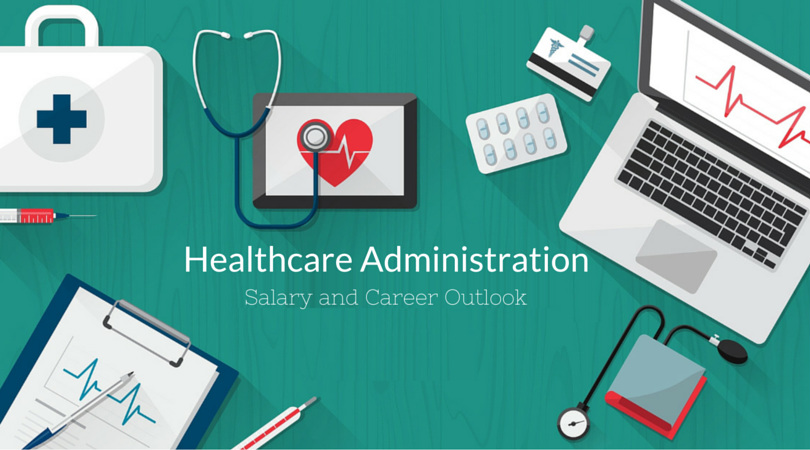Students can pursue their interests in health insurance and business by finishing educational learning healthcare administration. Schools provide students using the skills required to manage medical systems. Through this specialized knowledge of the area students may have many healthcare administration career options.
Several primary job areas appear in this industry and students can enter one using the correct education. The primary focus of every area is working to supply a easily ran medical office, which branches to include many facets of the industry. Possible career options include:
* Healthcare Administration
Professionals work on a number of management levels to supervise different aspects of healthcare. Managers are educated to correctly handle the constantly altering and expanding world of healthcare. The supervision of employees, analyzing charts, dealing with human sources, and monitoring money is primary job responsibilities. Job responsibility can change with respect to the facility professional’s work with.
* Geriatric Care Management
Supplying help and counsel to seniors people in their home or in the facility comprises the general job description with this industry. Professionals coordinate all services supplied by the federal government, insurance, home healthcare, or aided living agencies. Professionals use the company and human service side of the field to correctly look after the geriatric community.
* Health Management
Leadership and business skills are utilized at an advanced as professionals try to maximize the potential for facilities. This frequently includes remaining up-to-date with technology, treatments, and supplying positive health environments for patients and employees in a facility.
* Hospital Unit Coordinator
Careers in this subject have professionals focusing on non-clinical responsibilities inside medical facilities. Coordinators answer phones, take messages, transfer discharges, and file documents for admissions. Professionals use patients pre and post their visit to acquire a complete health background. The aim is to make a medical facility run easily.
In those primary job areas students can enter job possibilities at a number of levels. The broad spectrum of careers is a result of the schooling that students complete. Education is accessible at each level allowing students to accomplish programs for particular careers. Undergraduate levels typically prepare students for entry-level careers for example medical secretaries and health information managers. Graduate degree programs prepare students to get executive managers, consultants, and company directors.
Through coursework students create a strong set of skills that can help them transition into careers effortlessly. Course topics examined is decided through the degree level and section of concentration students enter. Some possible courses include:
Healthcare Finance
Global Health Problems
Documentation
Healthcare Policy
Finishing any adverse health care degree program may be the best method for students to go in careers that match their interests. The market is complex, which requires students to possess a formal education.


